Protection of Child Sexual Abuse in India
Overview
This article discusses child sexual abuse in India, its impact on victims, and the various forms of abuse. It provides an overview of legal provisions under the Bharatiya Nyaya Sanhita (BNS) and Bharatiya Nagarik Suraksha Sanhita (BNSS) and explains the procedure for reporting and prosecuting such cases under these laws.
Sexual Abuse in India
Sexual abuse involves the exploitation of an individual through forced or non-consensual sexual conduct. In India, children are particularly vulnerable, often abused by individuals known to them. Many victims are unaware of the abuse or remain silent due to fear and social stigma.
The Bharatiya Nyaya Sanhita (BNS) strengthens legal protections against child sexual abuse, incorporating stringent provisions for the safety of minors. Additionally, the Protection of Children from Sexual Offences (POCSO) Act continues to play a crucial role in addressing and penalizing such crimes.
Recent reports indicate a concerning rise in online child exploitation cases, prompting authorities to enhance digital surveillance and investigation mechanisms under BNSS. As per legal provisions, immediate reporting and strict penalties are enforced to deter offenders and safeguard children from harm.
Forms of Abuse
The various forms of child abuse include:
1. Physical Abuse – This involves direct physical contact between the abuser and the victim. It includes inappropriate touching, fondling, and any act with harmful intent.
2. Non-Physical Abuse – Abuse can also occur without physical contact. This includes exposing children to inappropriate content, explicit materials, virtual threats, offensive remarks, or harmful observation.
3. Incest – This refers to inappropriate relations that are prohibited within close family members.
4. Commercial Exploitation – In such cases, a child is exploited for money or benefits, including trafficking and other illicit activities.
5. Online Abuse – The rise in digital interactions has increased online abuse. Children are vulnerable to cyberbullying, grooming, and emotional exploitation on social media and gaming platforms.
Statutory Provisions Under BNS and BNSS Against Child Abuse
Child abuse has been addressed through various legal frameworks in India. The Bharatiya Nyaya Sanhita (BNS) and Bharatiya Nagarik Suraksha Sanhita (BNSS) provide legal provisions for child protection, strengthening previous laws.
These laws ensure stronger penalties for offences against children, recognizing the need for stricter measures to address abuse beyond previous limitations.
India, as a signatory to the UN Convention on the Rights of the Child, has enacted specific laws such as the Protection of Children from Sexual Offences (POCSO) Act. This Act aligns with Article 15(3) of the Indian Constitution, which mandates the protection of children.
Key Features of BNS, BNSS, and POCSO Act
- Comprehensive Coverage: These laws address direct and indirect abuse, inappropriate content, and exploitative acts.
- Compensation for Victims: They provide compensation provisions for affected children.
- Child-Friendly Courts: Courts designated under these laws ensure a child-friendly legal process.
- Mandatory Reporting: All offences against children must be reported, and failure to report can result in legal action.
Punishments for Violations
- Serious Harm to Minors: Offenders face life imprisonment or a minimum of 20 years, depending on the age of the victim.
- Inappropriate Physical Contact: Punishable by 3 to 7 years of imprisonment along with fines.
- Possession of Illegal Content Involving Minors: Can lead to up to 3 years of imprisonment or fines.
- Involvement of Minors in Restricted Content Creation: Leads to 5 to 7 years of imprisonment under recent legal amendments.
Procedure for Reporting
BNS and BNSS ensure that child protection laws are gender-neutral, covering both male and female victims. Offenders can include relatives, public servants, or institutional staff.
Reporting Child Abuse
- Who Can Report? Any individual, including the child, has the right to report abuse.
- Parental Responsibility: Parents or guardians must report offences immediately.
Reporting Procedure
- Filing a Complaint: Complaints can be filed at the nearest police station, where Special Juvenile Police Units (SJPUs) handle child-sensitive cases.
- Zero FIR: A Zero FIR can be registered if jurisdiction is unclear, and it will be transferred accordingly.
- Child-Friendly Documentation: Statements should be recorded in a language the child understands.
- Child Welfare Committee: Cases must be reported to the Child Welfare Committee within 24 hours of filing.

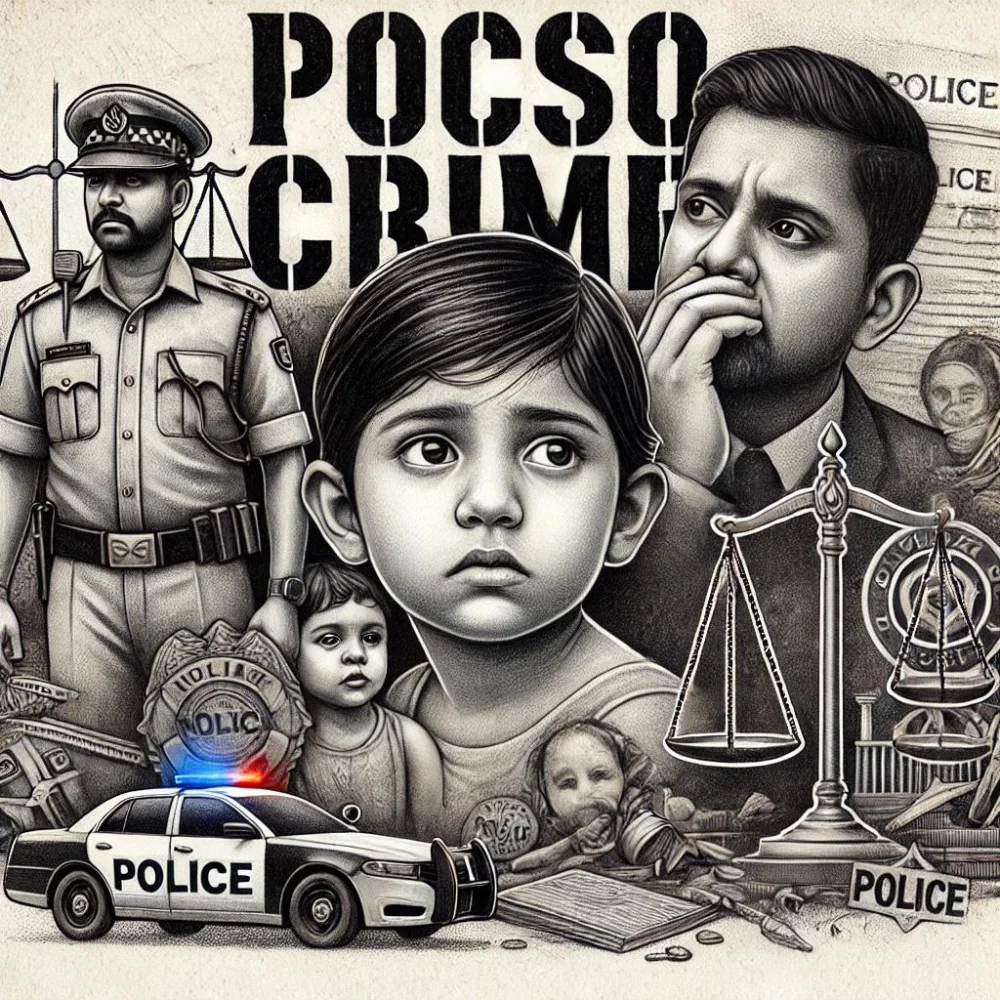

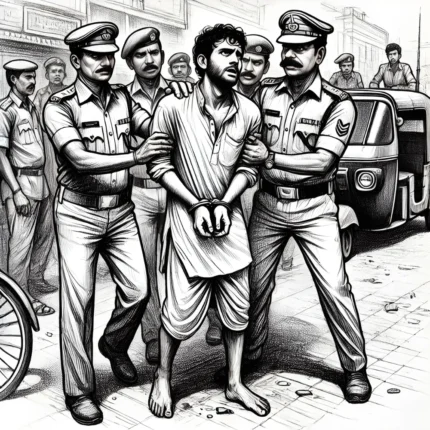
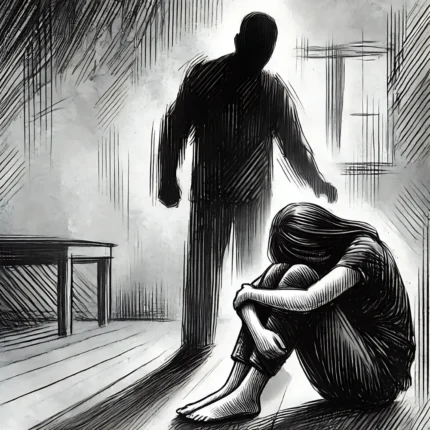

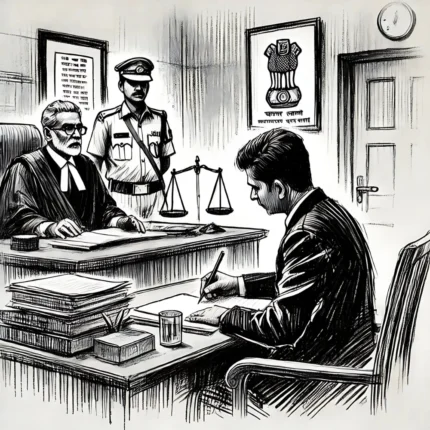
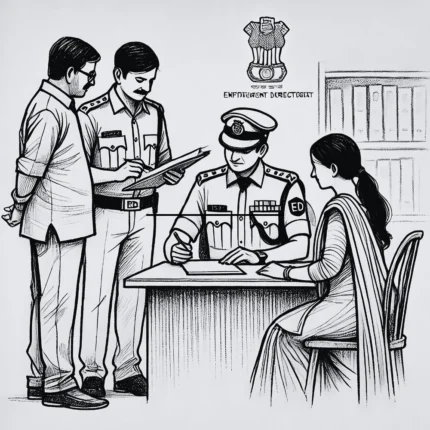


Reviews
There are no reviews yet.